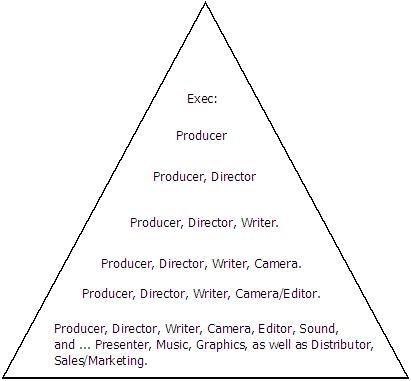'It seems to me that I follow only the most accessible thread. Three or four threads may be agitated, like telegraph wires, at the same time, and if I were to tap them all I would reveal such a mixture of innocence and duplicity, generosity and calculation, fear and courage. I cannot tell the whole truth simply because I would have to write four journals at once. I often would have to retrace my steps, because of my vice for embellishment'.
Anais Nin
(Henry & June, Journals, July 1932)
A diary can be many things:
1) a record of what happens to me and around me each day
2) a notebook for whatever I’m reading
3) a record and analysis of dreams
4) a place to try my hand at exposure
5) a place to describe how it is, or isn’t;
6)a place to practise lies
7) a place to drill, thrill and hone my skill
8) a place to underplay, exaggerate or avoid
9) a place to lose myself in Truth
10) a place to play
11) a place where a blank pages means something as a day missed is a day when I’m too ill, too depressed, too drunk or too bored with it writers keep diaries to record events -a writer’s journal I do this; working up events until they have become more real that reality as I obscure what happened with scene setting detail and by bringing narrative order to the muddle of a daily life.
12) At times I write as a drill, to practice, at others because I feel an obligation, it is what I do most days, every day.
13) I use these pages to extract a writing style and extricate myself from the bland.
Lately a form has emerged as I tripped and stumbled over a keyboard I’ve been hacking at the undergrowth until I have found my way, happily pursing forest paths and following streams back to their source.
14) I keep a diary as a record of events: what I did, where, with whom.
At times I reduce the diary to bullet points, satisfied that I've not lost the day forever to obscurity.
As a painter I had to draw what I saw, from reality, not straight out of the mind or by copying.
As a writer I hoped at first that I could write candidly about reality and once I had established that I could progress to fiction.
Do I want to put my life under the microscope?
Am I writing postcards to myself?
It all counts. It all mounts This writing is never supposed to be a draft of anything Francois Truffaut said he felt it was necessary to read everything to give the mind food and things to smart against. It is worth reading all kinds of things.
So how many diaries or journals do I need?
15) a dream book
16) a diary for a straight log of what I did during the day
17) a journal as a notebook (as here)
18) a memory jogger
19) something for assessment/analysis of what I am thinking and reading
20) a scrapbook.
How many is that? Would four do the trick?
You should try it for a year
There comes that moment when you can reflect on what you were doing exactly a year ago amd to feel the same every time another entry is composed.
I kept a five year day for eight years in my early teens: the five lines per day are hopeless unrevealing.
I washed my hair, cleaned out the rabbit kind of thing. Some rare moments bring back the day or event. I began to record dreams in my mid-teens, tiring off it when I found I could recall four or more dreams each night taking several hours to write them up the following day.
I kept a scrapbook and dairy in a ring-bind folder when I went on an exchange with a French boy and repeated this around my 17th birthday, filling a folder in one month and so realising I needed a different approach.
Then I settled for a page of A4 per day every day, not less and rarely more.
21) Write as much or as little as you like.
Being able to write as much as I liked I found myself filling a dozen pages plus and so quickly lost the detail that would have otherwise identified the day, month and year. I wanted to buy a scrapbook again for ages.
Then along came the Web.
